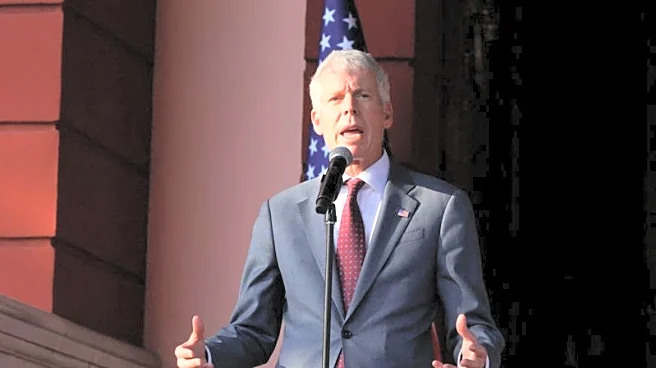Rapid Read • 6 min read
The Sahel region is experiencing severe food insecurity exacerbated by climate change. Rising temperatures and extreme weather events are impacting agricultural productivity, leading to increased hunger and poverty. In 2023, approximately 45,000 people in the Sahel faced catastrophic hunger levels. The region's food imports are projected to triple by 2025, highlighting the urgent need for sustainable agricultural practices and climate adaptation strategies.
The food security crisis in the Sahel has significant implications for regional stability and development. Climate change is a major driver of food insecurity, but other factors such as population growth and geopolitical conflicts also play a role. Addressing these challenges is crucial for improving livelihoods and preventing further humanitarian crises. Sustainable development and climate resilience are key to ensuring food security in the region.
AD
The Sahel's food security challenges highlight the need for integrated approaches that address both environmental and socioeconomic factors. Climate change adaptation must be coupled with efforts to improve agricultural systems and infrastructure. International cooperation and investment are essential for supporting the region's most vulnerable populations and fostering long-term resilience.
AD
More Stories You Might Enjoy












